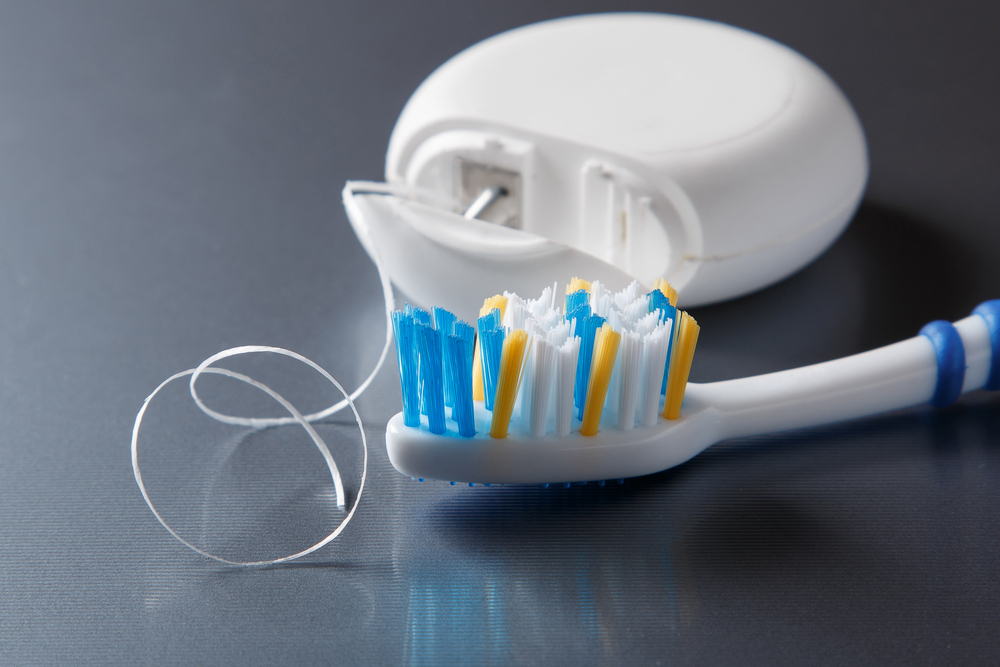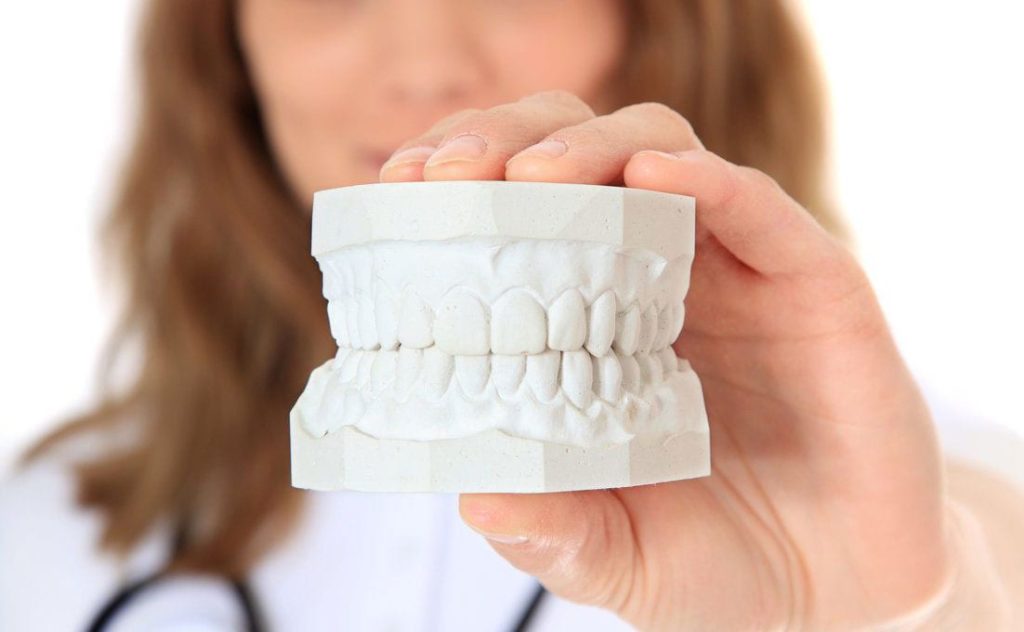How Your Well-Being Benefits from Good Oral Hygiene
Practicing good oral health is an important part of your daily regime. As well as keeping your mouth clean, it can also impact your general health. In this article, we’ll take a look at the link between oral and overall body health.
Top Tips for Taking Care of Your Oral Health
Let’s begin with our top tips for maintaining dental health. It’s not complicated, and you’ll feel the benefits of a healthy mouth, teeth, and gums, for a lifetime.

Brushing
Thorough brushing of your teeth, gums, and tongue, should be completed at least twice a day. If you can squeeze in an extra brush after lunch, all the better!
Choose a brush with soft or medium bristles and ensure that you cover every part of the mouth. An electric toothbrush isn’t essential, but if you can afford one, it’s definitely recommended.
Flossing
Use dental floss to remove debris from between the teeth. This helps to prevent plaque and tooth decay, which if left untreated, can cause infections, cavities, and tooth loss.
Regular checkups
Visiting the dentist isn’t exactly something that everyone looks forward to, but it’s really important that you have regular checkups. Your dentist will always be friendly, and do their best to take care of you.
They might even crack a joke to make you feel more at ease! In any case, if you do have a dental issue, it will be caught at your checkups. Schedule one at least every six months.
How Good Oral Health Benefits Your Overall Health

Infection prevention
The mouth can be an entry point for a range of infections. Most of the bacteria in our mouths are actually harmless, but a wound, sore, or cavity can introduce potentially harmful organisms into the oral tissues, airway, gullet, and bloodstream.
Infections that begin in the mouth, such as abscesses, can progress to more serious, systemic problems if not treated. Sepsis is a critical condition that can cause death in a third of cases, and often leaves patients with long-lasting after-effects, such as fatigue, chronic pain, and post-traumatic stress disorder.
An infection originating in the mouth can also develop to cause a condition called endocarditis; infection of the inner lining of the heart or valves. It’s spread via the bloodstream and can rapidly become critical.
Less severe infections can still be painful, and the best way to prevent them from taking hold in the first place is to practice a good oral hygiene regimen.
Avoiding pain
Poor oral health can lead to cavities, infections, and gum disease. All of these conditions cause pain, and often this is severe. Oral pain is more than a mild inconvenience; it can be debilitating, causing poor sleep, bad moods, time off from work, and disinterest in usual activities.
Dental pain can also prompt people to become reliant on analgesics. Some are addictive, and it can be difficult to withdraw from medication, even after the source of the pain has been resolved. Practicing good care of the mouth helps to avoid having to use pain relief in the first place.
Protecting mental health
Dental pain, bad breath, and tooth loss can all have negative consequences for mental health. Having problems with teeth may cause a drop in confidence, or a reluctance to be out in public. It can strain relationships and cause stress. Over time, mental health may deteriorate as a result. Conversely, healthy teeth can boost confidence and improve your mood. So, don’t forget to brush and floss!
Which Conditions Can Poor Oral Health Indicate?
Poor oral health can actually indicate that there’s something going on elsewhere in the body. Some of these mechanisms are well-understood, and others still don’t have a definitive explanation. Still, the health of your mouth can give clues about the rest of your body.
Diabetes
One of the complications of diabetes is suppression of the immune system. As a result, the condition can increase your risk of contracting infections throughout the body, including the mouth.
Abscesses, periodontitis, and even canker sores can indicate that diabetes may be present – particularly when they’re recurring.
Of course, not all infections will be caused by diabetes, but if experienced in combination with other symptoms, such as excess thirst, weight loss, and frequent urination, this can be a sign that it’s time to visit the doctor.
Cardiovascular disease
Unexplained dental pain can sometimes indicate that there is an issue with the cardiovascular system. Dull or sharp pain in the jaw and teeth may be referred from the heart, and this has been recorded as a precursor to heart attack in some patients.
As discussed above, infections that enter the bloodstream from the mouth may also travel to the heart and cause damage to the heart muscle and valves.
Osteoporosis
A common condition in older patients, osteoporosis causes brittleness in the bones of the body. This can also extend to the teeth. A loss of calcium is one of the causes of osteoporosis, and as calcium is also important to healthy teeth, the connection is clear.
Broken teeth and recurrent jaw pain can indicate that osteoporosis is present, so it’s worth checking with your doctor if you have any symptoms. And as you get older, don’t forget that good dental health remains a priority!


